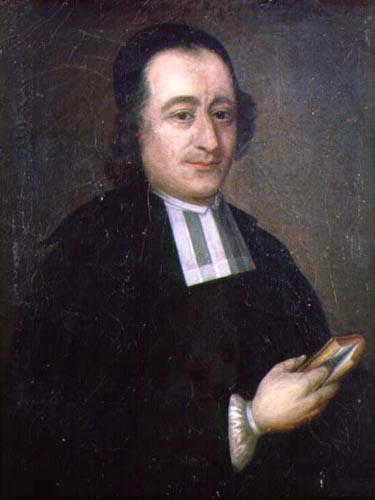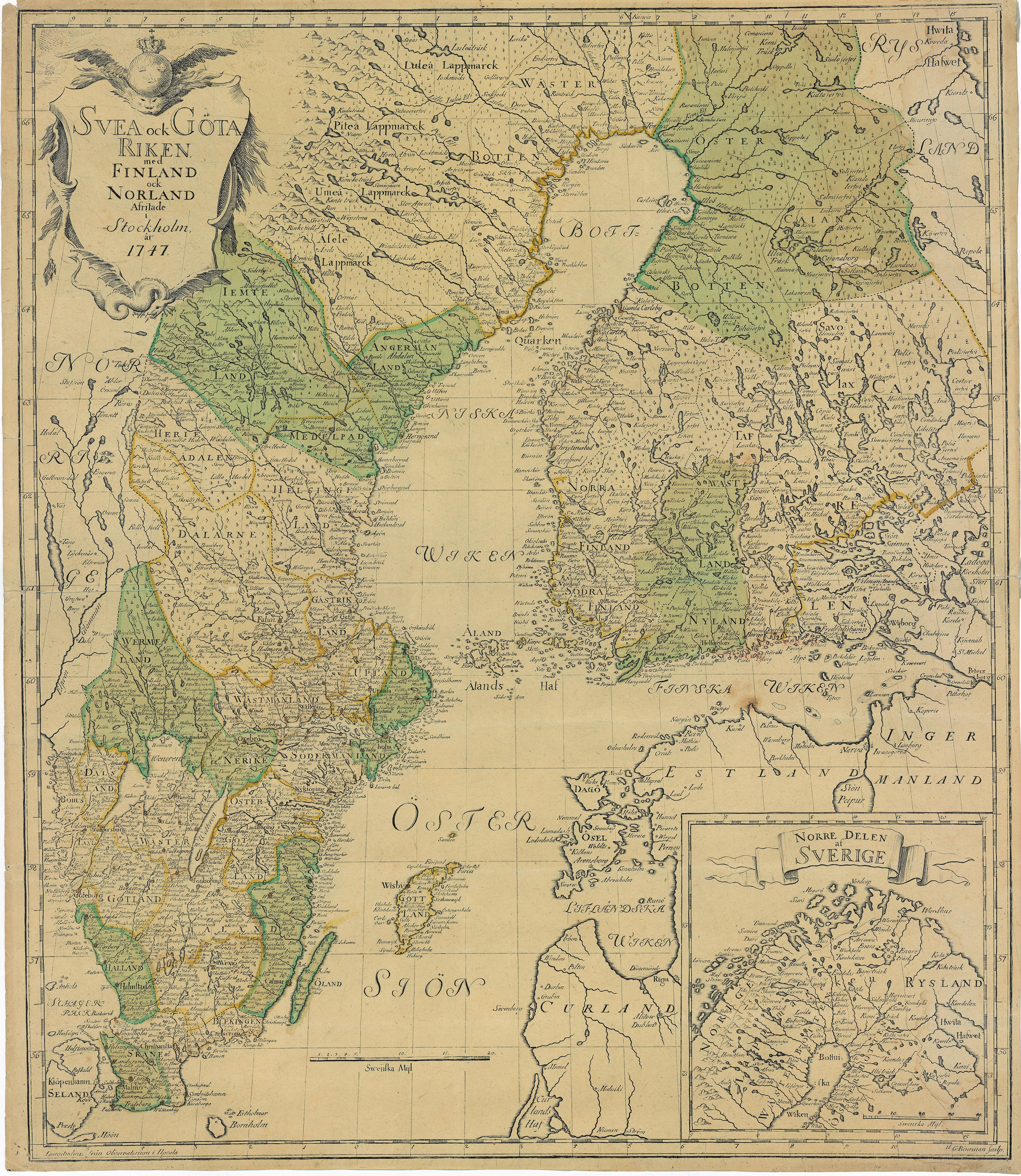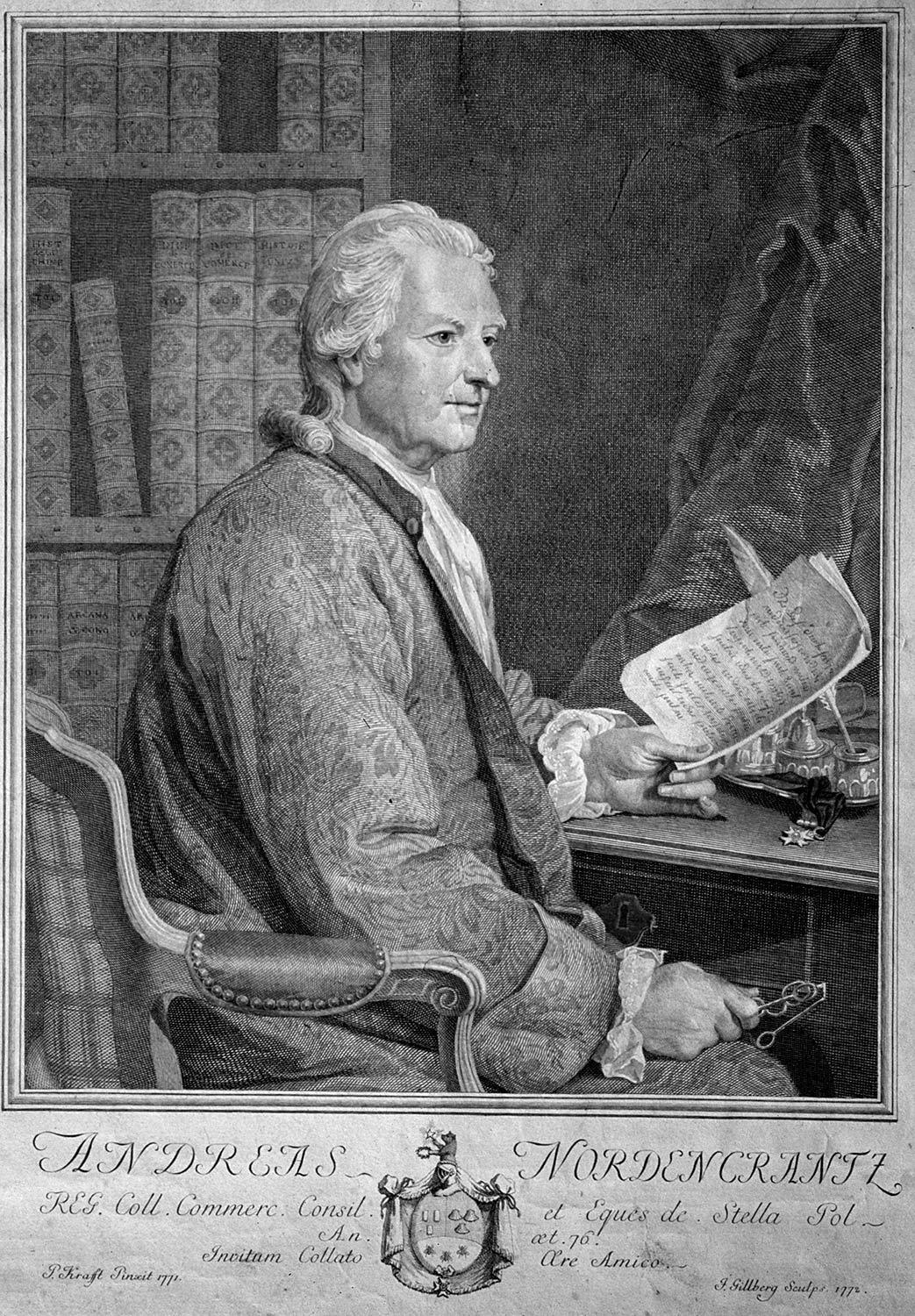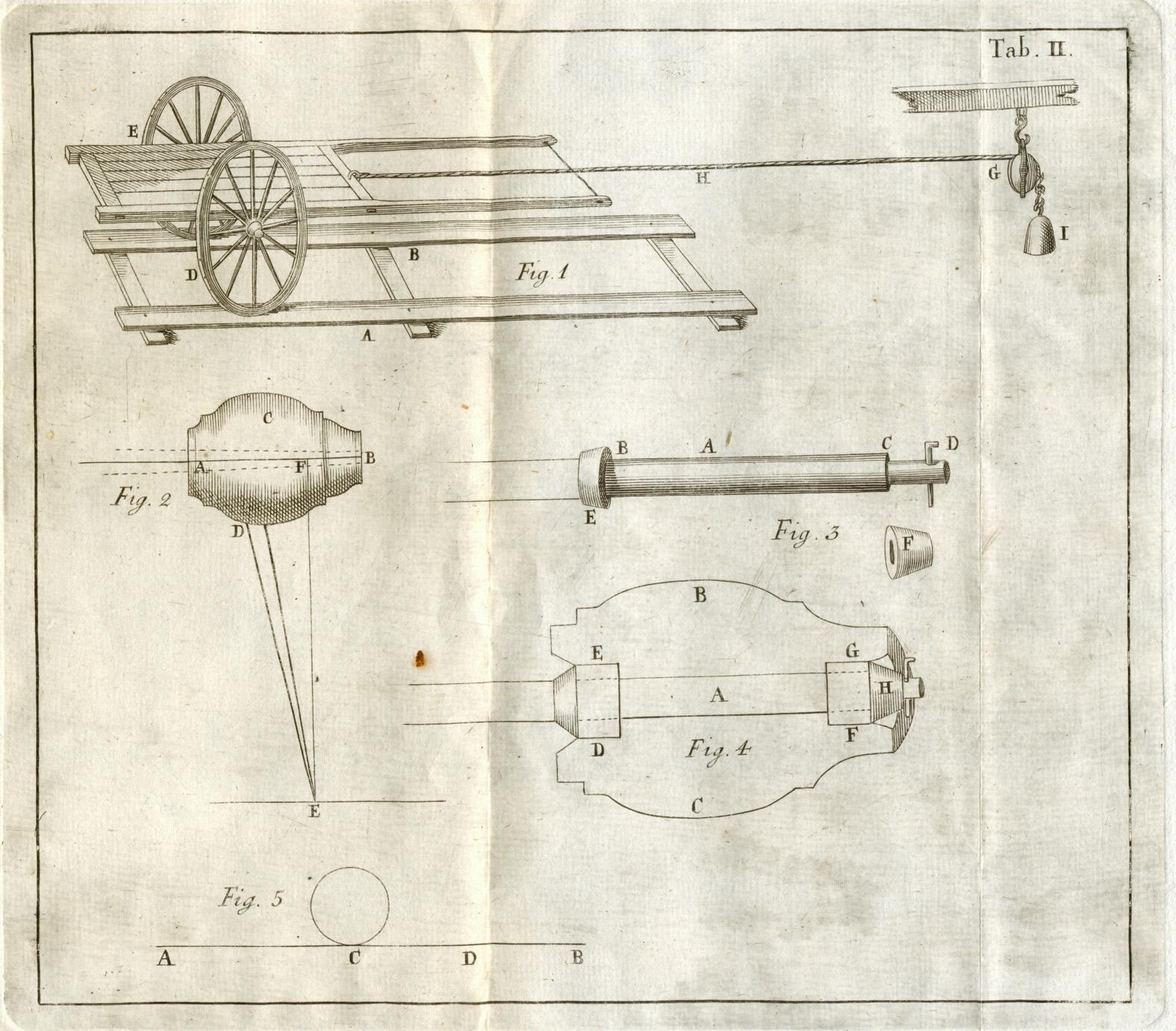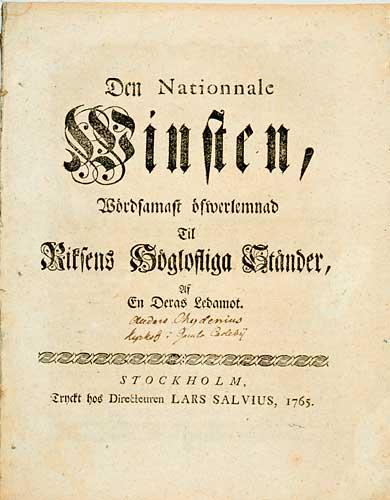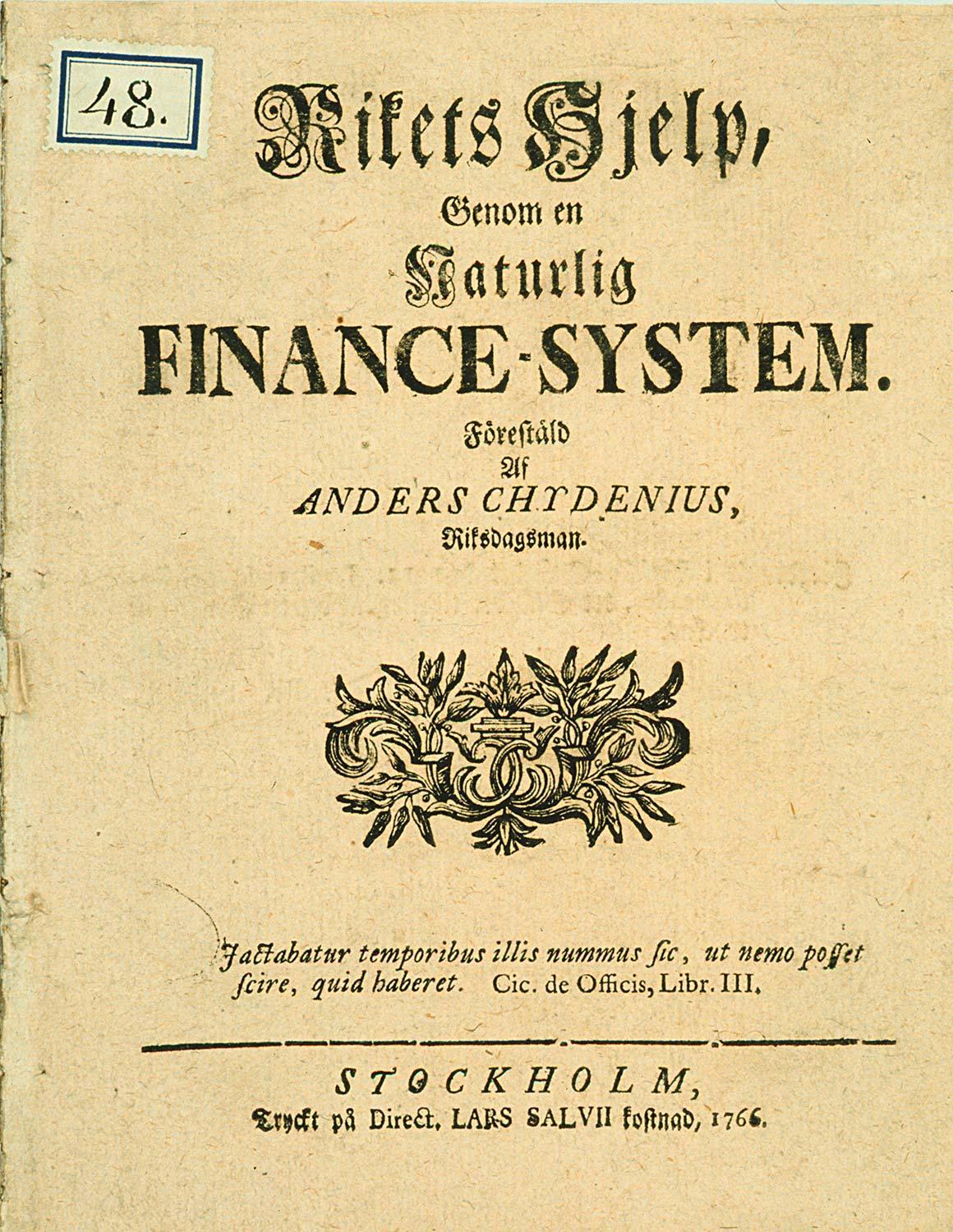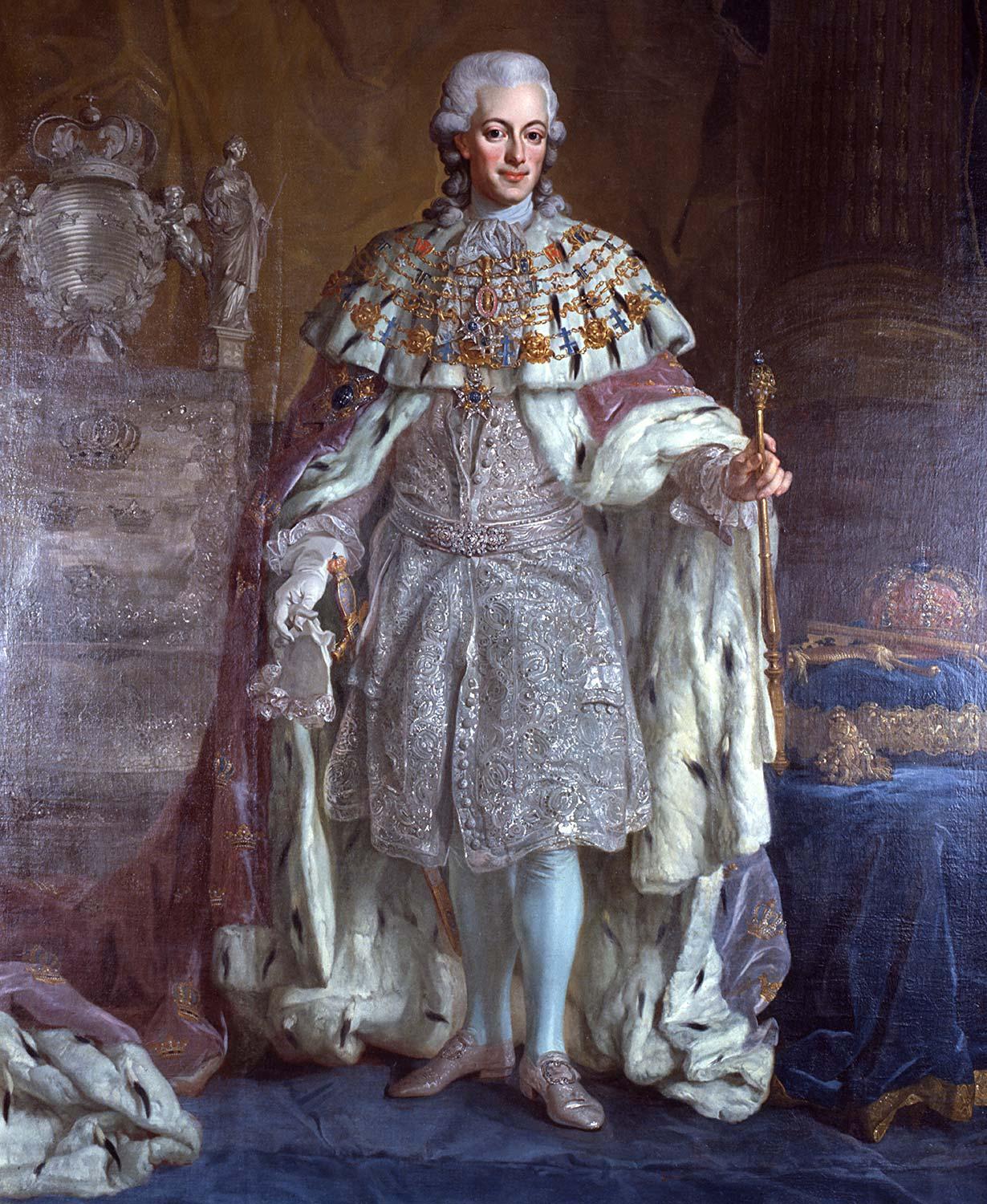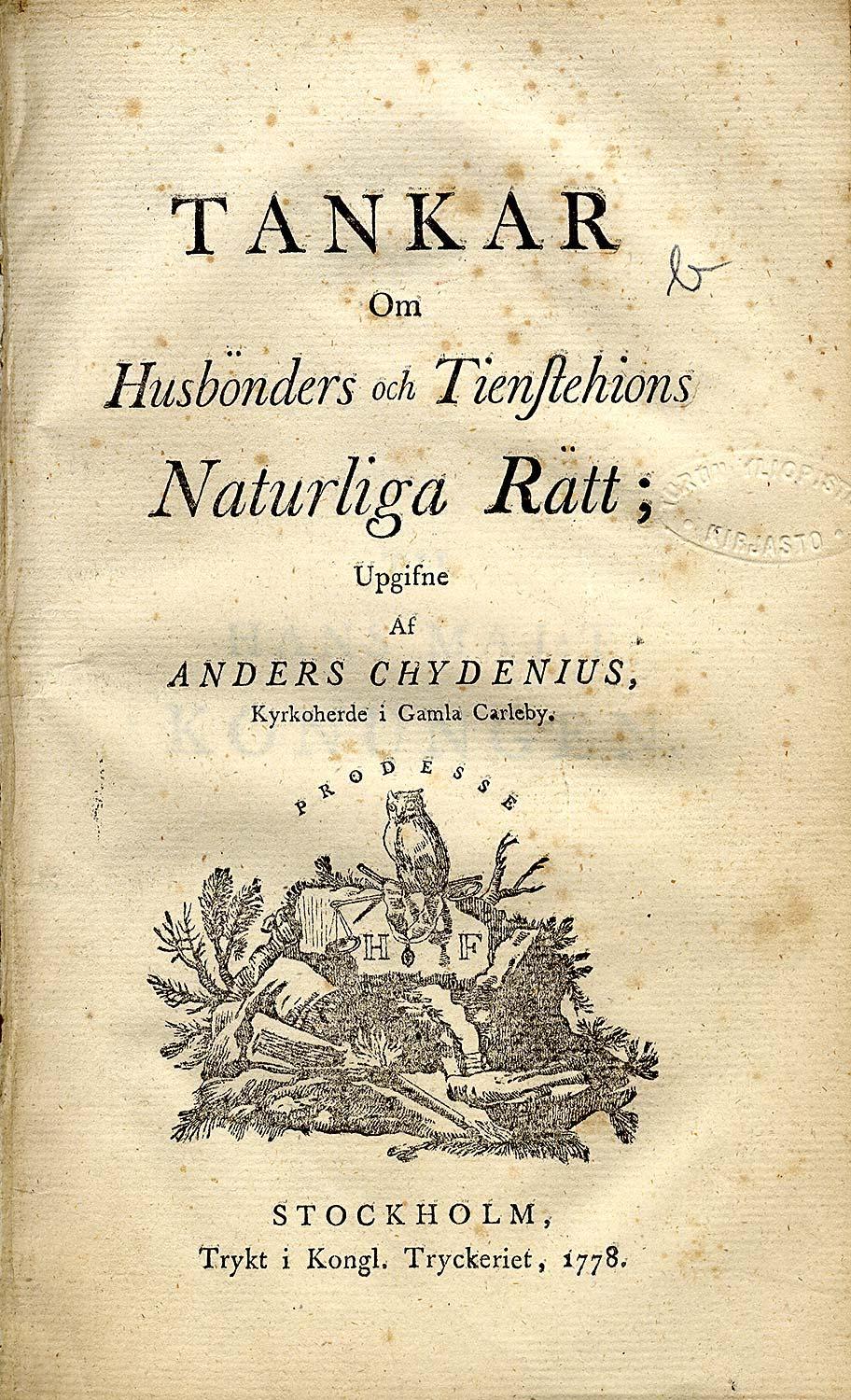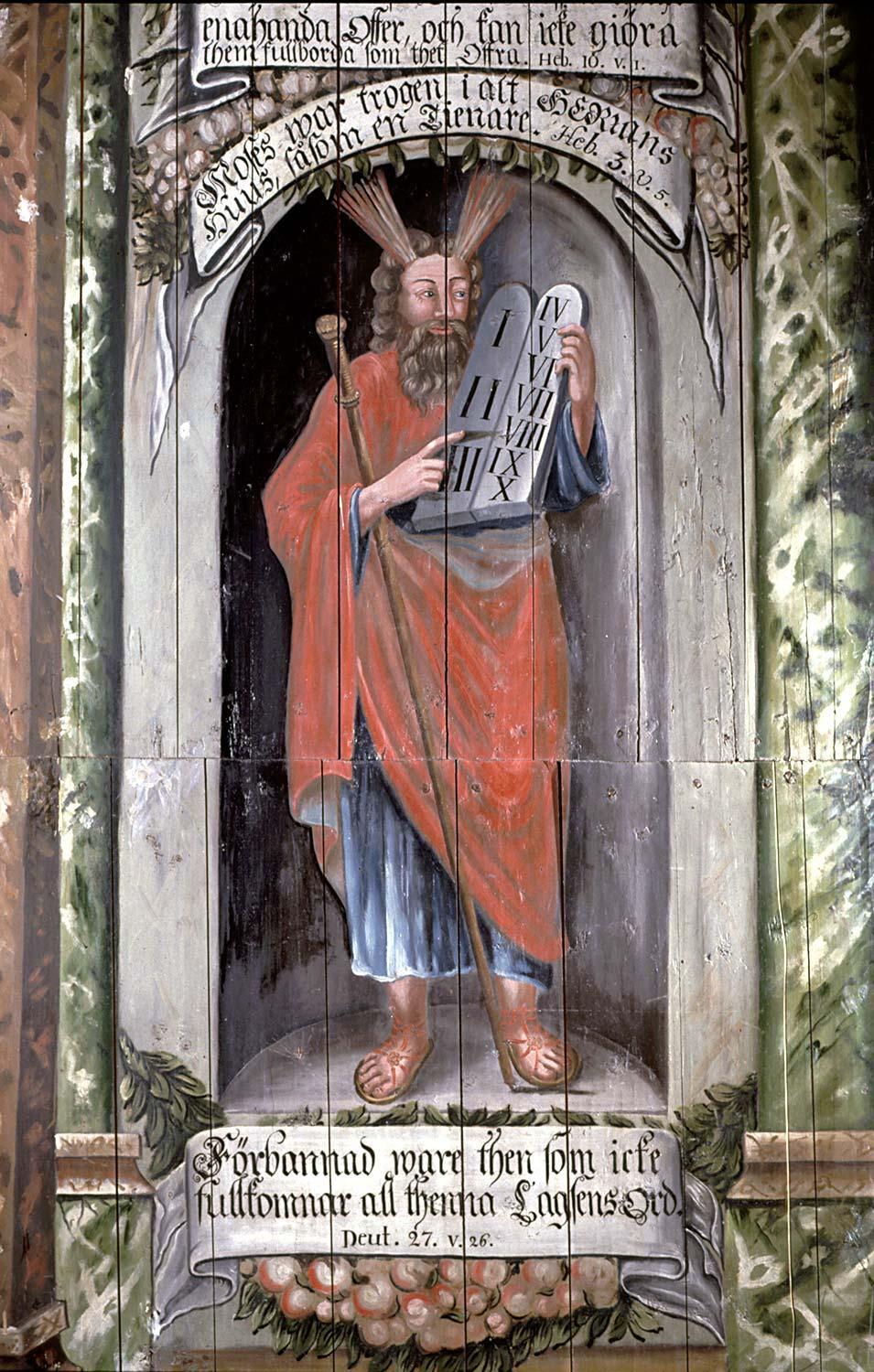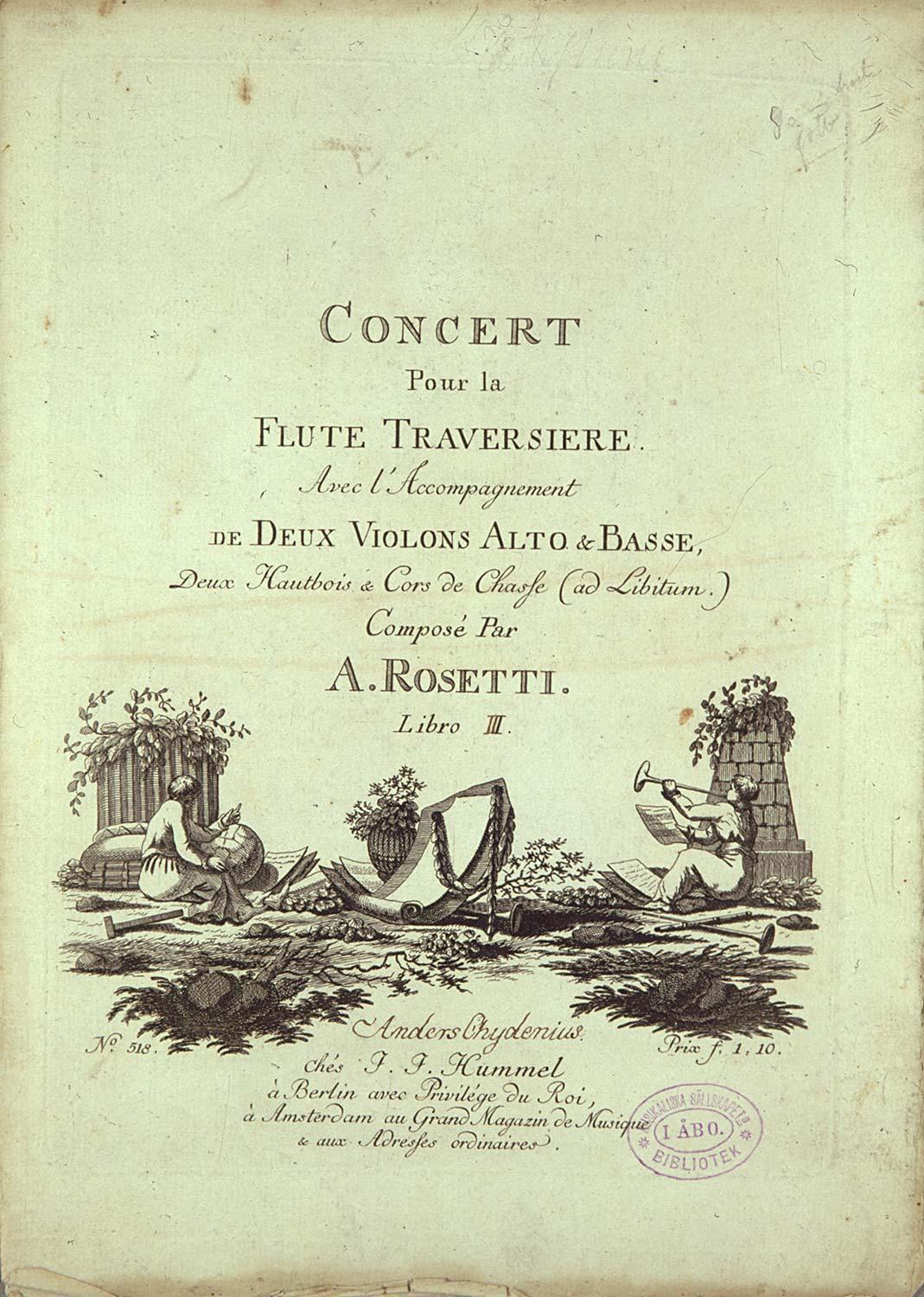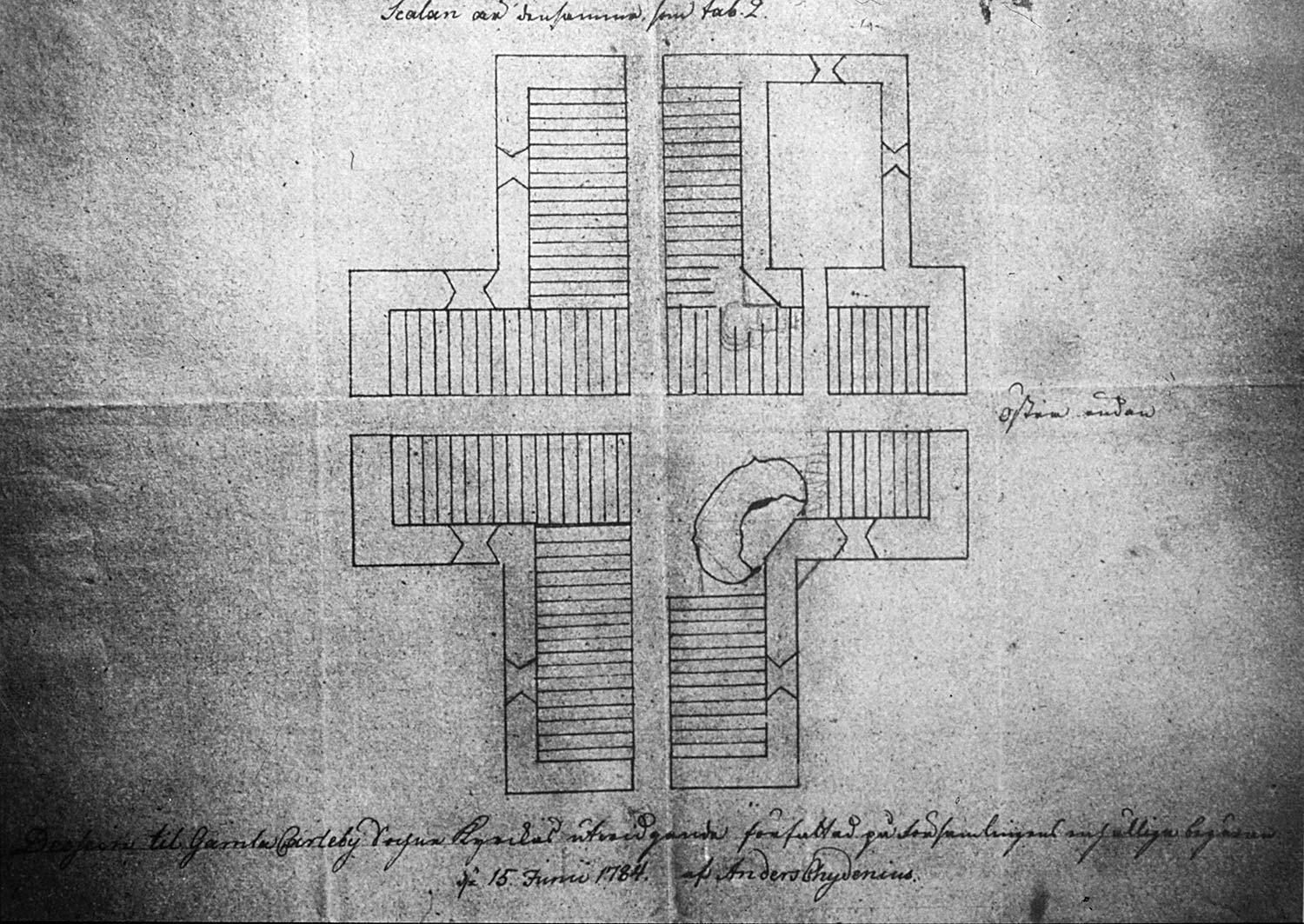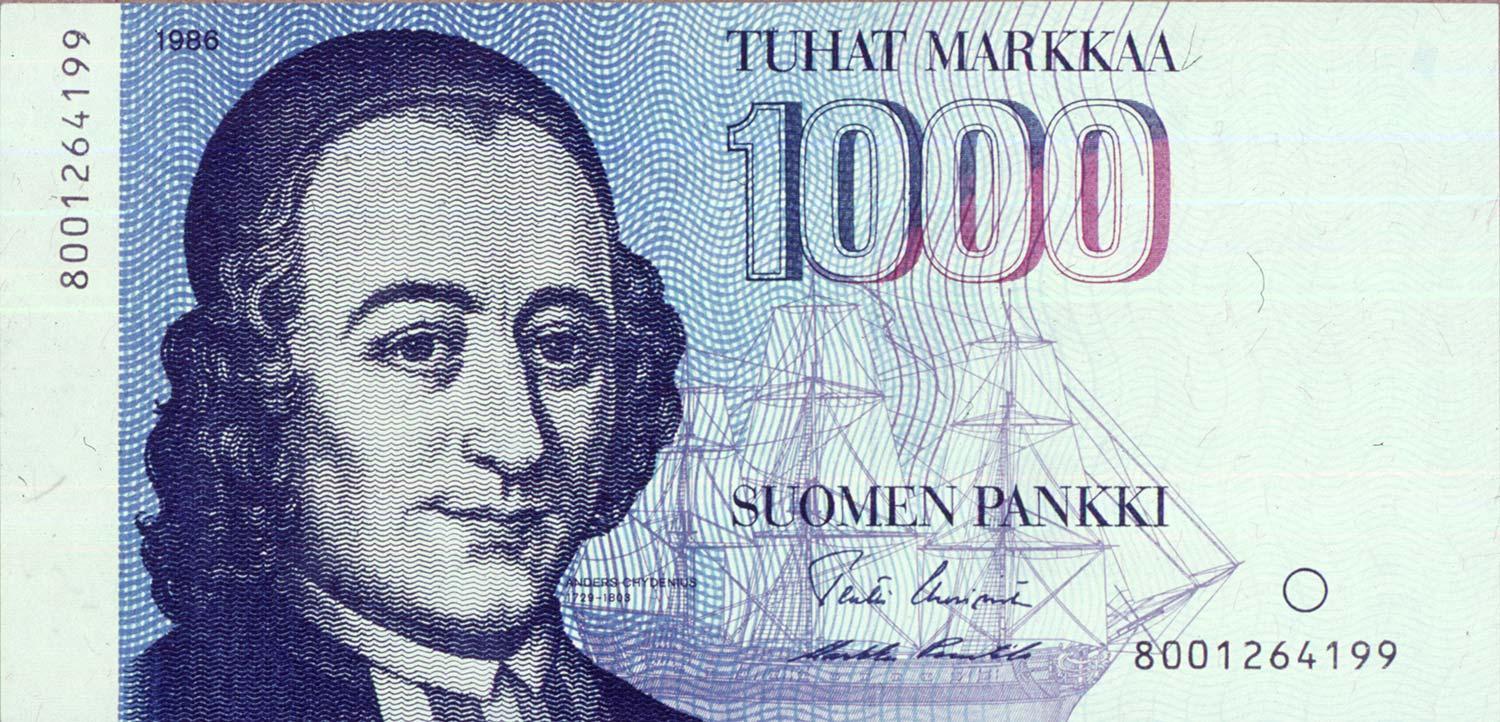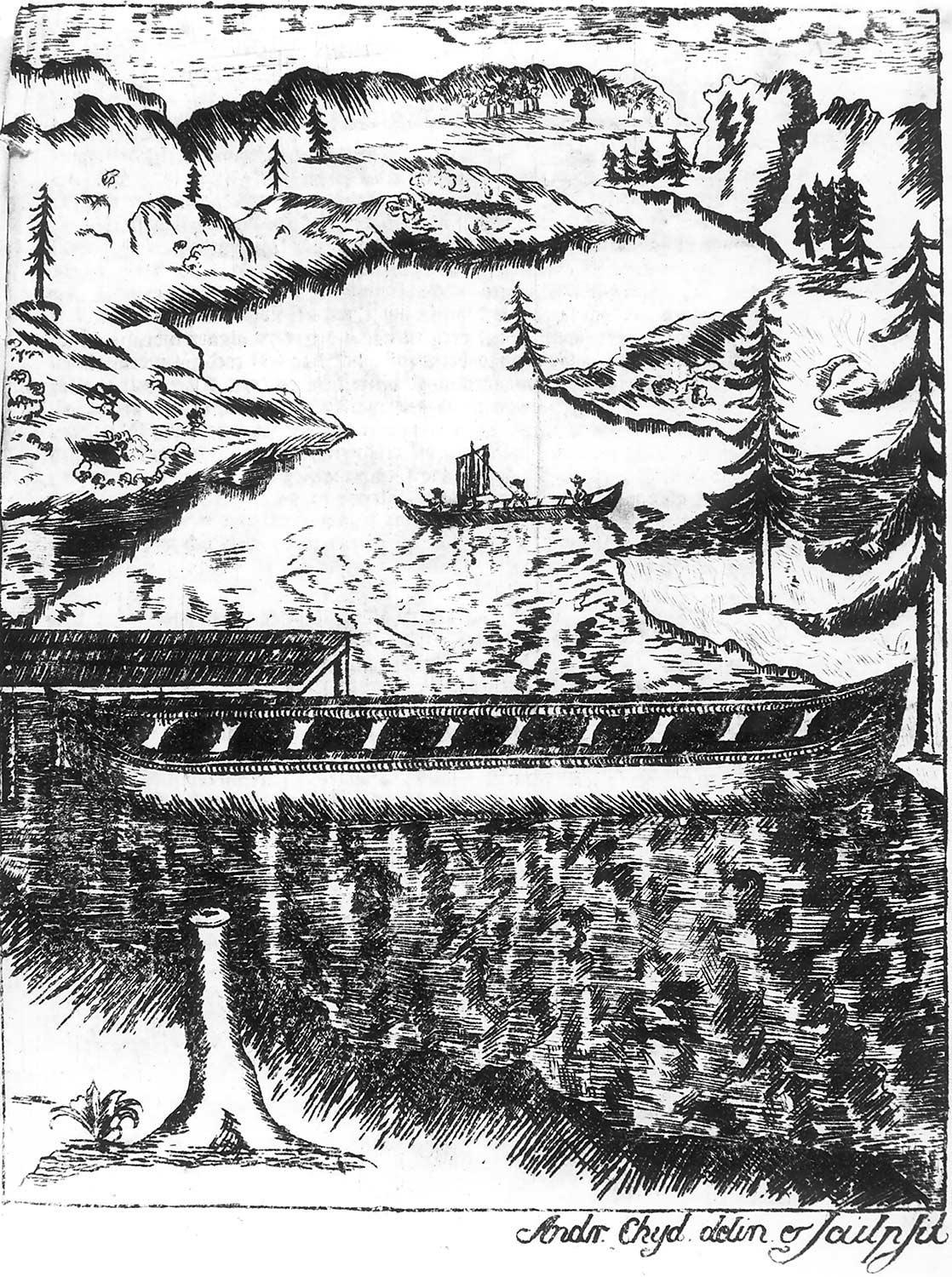Ideas in Motion
The Legacy of the Seventeenth Century
Much of the intellectual phenomena of the eighteenth century was a direct consequence of developments already begun during the Renaissance. The seventeenth century signified above all breakthroughs in the natural sciences. Empiricist philosophy, which emphasized the primacy of experiment and observation, was developed in Britain. Francis Bacon had already proposed that science ought to be productive, allowing humanity to dominate Nature. The first notable representative of empiricist philosophy was John Locke.
Contemporary with empiricism was the rationalist tendency, which aimed by means of pure reason to create from given origins a speculative conception of the world. The Frenchman Rene Descartes emphasized a critical viewpoint as a central aim in science.
The rationalist and mechanical explanation of Nature developed by Isaac Newton overturned the whole western world picture. A watertight system of mechanical laws formed the ideal, not only in the study of nature, but also in humanity and society.
In the eighteenth century a belief was born in the progress of humanity, thought and society, and in the possibility of a total world picture. No longer was there a great interest in why (to what end) any phenomena existed, but rather in how it happened, what laws it obeyed.
The Idea of Natural Rights
In the seventeenth century a theory of natural rights was also born, which had a central role in the social discourse of the next century. According to this, there exists a State of Nature, where humanity is free. Through Reason, humanity gains knowledge of the Laws of Nature, according to which we have certain inalienable rights, for example to security of life and property.
People have however formed a society and in making the social compact have surrendered some of their liberties to a sovereign ruler, who in return is bound to guarantee protection, peace and maximum realisation of the rights of the individual in society.
Both autocratic and democratic endeavours can be supported using the doctrine of natural rights. According to Thomas Hobbes the limitation of the people’s liberty was inevitable, since the alternative was a war of all against all. John Locke, on the other hand, was of the opinion that the social compact did not restrict the rights of the individual, but rather extended and preserved them. If the sovereign ruler violated citizens’ rights, he sanctioned their right to revolt.
According to the philosophy of natural rights a person is free because he possesses his own individuality and abilities. Locke emphasized that a person’s labour, and thus the fruits of it too, are his own.
Key authorities in addition to Locke were Hugo Grotius and Samuel von Pufendorf, who was a professor at the Swedish University of Lund.
Pietism
The origins of Pietism are in the intensification of orthodox Lutherism at the end of the seventeenth century. The central figure in this was Philipp Jacob Spener, who wanted to renew the church from within, and located the source as the innermost spiritual needs of the individual.
Pietism emphasized the rebirth, and the revival. The sources of its strength being religious sentiment, which tended to ignore questions of doctrine.
The problems of the Great Northern War created the conditions for a breakthrough for pietism in Sweden. Soldiers returning from Siberian prisoner of war camps brought with them Pietist ideas.
Although Pietism in its original form was theologically acceptable, the Church attempted its suppression. Private religious meetings were forbidden by the Conventicle Act of 1726. As a result this however strengthened radical pietism , which left the Church and rejected amongst other things the Lutheran doctrine of redemption.
Along with its growing criticism of the homogeneity of the Lutheran Church, pietism brought the seeds of religious relativism – the idea that the unique content of each religion should be respected, whether it was orthodox or not.
Religion began to be seen as subjective and private matter for the individual. Pietism thus contributed to the birth of the modern personality, which emphasizes the difference between persona.
The Enlightenment

“For the sake of future generations” was the motto on the emblem of the Swedish Academy of Sciences.
The general term used for the eighteenth century is “The Age of Enlightenment”. The concept of “enlightenment” does indeed depict the general pattern of thought of the period quite well. There was a desire to apply in practice and distribute to a wider audience, the great ideas and inventions which for the most part were born already in the previous century.
The Enlightenment was not however a uniform phenomena. Behind the French Enlightenment was a tradition of rationalism, and also on the other hand the natural scientific view of people and society originating in the ideas of Locke and Newton. The Enlightenment believed in the inevitability of reason and progress.
The French Enlightenment was radicalised by the troubles caused by the absolutism of the monarchy, feudalism, and many social injustices. Criticism of the exercise of power and of religion created the basis for e.g. the birth of The United States and the French Revolution.
Behind the German Enlightenment were, on the one hand Pietism, on the other the philosophy of Gottfried Wilhelm von Leibniz, in which the consistency of the mathematical logic of the world and the existence of God were reconciled. Inherent in Pietism was a respect for the convictions of the individual, a moral striving, and a tolerance for other religions. This made it quite acceptable within the concepts of enlightenment and progress.
The German Enlightenment emerged in particular as reformative politics, which pursued innovations, but did not want to threaten the authorities.
The German Enlightenment had a great impact in Sweden and Finland, where the Pietist priests were often in practice the advocates of the ideals of the Enlightenment.
The ideals of the French Enlightenment were certainly known, but its real discovery had to wait for the time of Gustavus III, by which time the flowering of the Enlightenment in France was already in decline.
It should also be noted that contemporary with the Enlightenment were also many phenomena which were more or less in opposition to its belief in reason : alchemy, secret societies, religious fanaticism etc.



